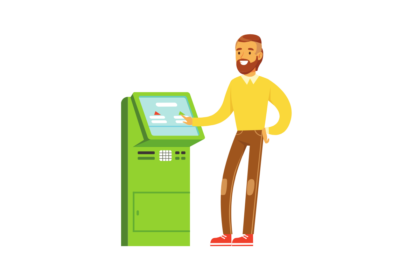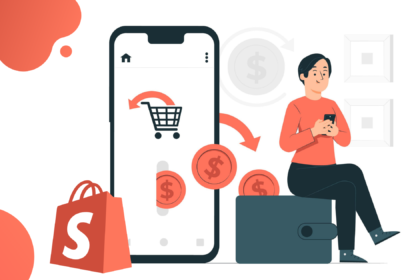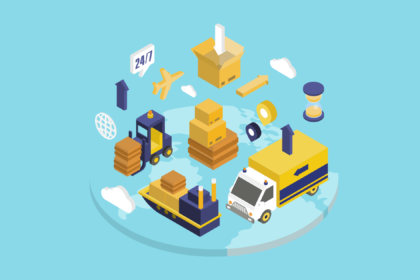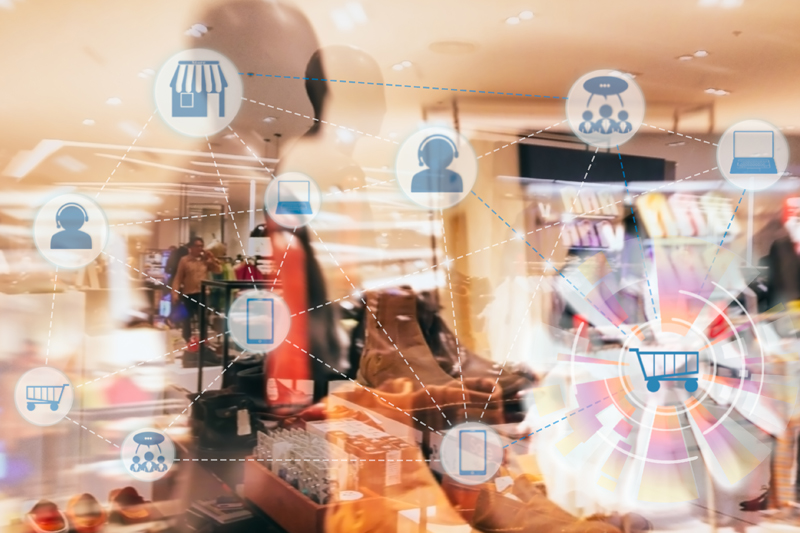A high return rate is a concern for any e-commerce business. However, most brands still don’t have a proper returns system in place to optimize the final leg of the post-purchase loop.
In most cases, customers who initiate returns didn’t expect things to go this way in the first place, thus, the key is to NOT make the returns process even more stressful for them. That brings us to today’s customers demanding seamless, hassle-free returns and exchanges, and your efforts to deliver on them to build customer loyalty.
To make the returns process as smooth as it can get, it is best to use a ‘Branded Returns and Exchange Portal’ that you can build for your e-commerce store. To get a better context, here are some benefits that you stand to gain from using a returns and exchange portal.
What Makes a ‘Branded’ Return and Exchange Portal?
A returns and exchanges portal is an addition to your e-commerce store that customers can use to do ‘everything returns’ from initiating to tracking. Any system that works as an app instead of back-and-forth emails or support conversations can be classified as a returns portal.
The ‘branded’ factor comes through in how the portal acts as a vital extension of your brand experience. When customers initiate a return or exchange, they’re still interacting with your brand, and it’s an opportunity to make a lasting positive impression that helps boost customer satisfaction and loyalty.
Here are several essential features that make the returns process seamless for customers and manageable for retailers:
1. Enhanced Customer Loyalty Access to clear and transparent return policies
Customers appreciate transparency, especially when it comes to returns. Therefore, provide your customers with easily accessible return policies directly from your portal. By ensuring that customers are aware of their options, you can ensure that they make informed decisions and thereby prevent misunderstandings and potential frustration.
In the long term, this seamless return experience reassures customers and enhances loyalty. Here’s how it works — when customers feel valued and have a positive return experience, they’re more likely to shop with you again, even if their initial purchase didn’t work out.
2. Reduction in support volume through self-service returns
A return portal makes returns self-service for customers, allowing them to initiate returns or exchanges with ease. They can select reasons for returns, choose whether to exchange or refund and print return labels — all without needing to contact customer support.
Another common pain point in the return process is the uncertainty about when refunds or exchanges will be processed. A return portal eliminates this challenge by keeping customers informed at every step, from receiving their return to processing the refund or shipping the exchange item, thereby minimizing the WISMR (Where is my return) queries.
Both of these actions play a major role in freeing up your support team to focus on more complex issues. Ultimately, this improvement not only enhances customer satisfaction but also lowers operational costs.
Lateshipment.com’s Returns Experience Management (R.E.M): Self-Serve Returns And Exchanges That Boost Buyer Confidence
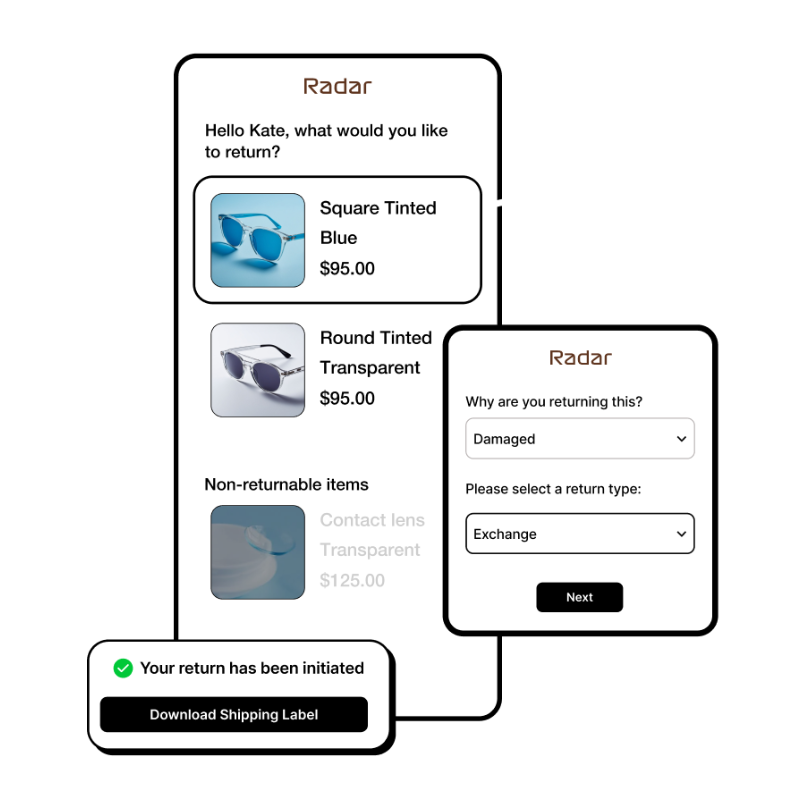
There are not one but three reasons why brands who prioritize CX, opt for self-service returns
- Witness an increase of up to 92% in repeat purchases from hassle-free returns
- Make returns initiation 3x faster for shoppers
- There’s a revenue retention of up to 40% through easy exchanges and store credits
Meet LateShipment.com’s R.E.M, a solution to help you offer return experiences that customers will truly love.
R.E.M houses a Branded Returns and Exchange Portal that works to help your customers return products without your help via:
- Driving customers to a portal completes your brand experience in the post-purchase order returns phase
- Allowing customers to easily start a return from the order tracking page, delivery notifications, or anywhere else in your store
- Helping customers better understand your return policy by highlighting return windows, non-returnable items, and more
- Enabling customers to easily initiate returns from a self-serve portal that lets them choose what, why, and how they’d want to return in seconds
That’s not all! For a customer, the return portal is where the return takes place. But there’s also the back-end side to it, that’s where automation meets unprecedented visibility. Your return portal gives you in-depth analytics that reveal return trends, common issues with products, and customer feedback.
These detailed analytics allow you to identify patterns, such as frequently returned items or common return reasons, which empower you to make product or process improvements, potentially reducing future return rates, and improving overall customer satisfaction.


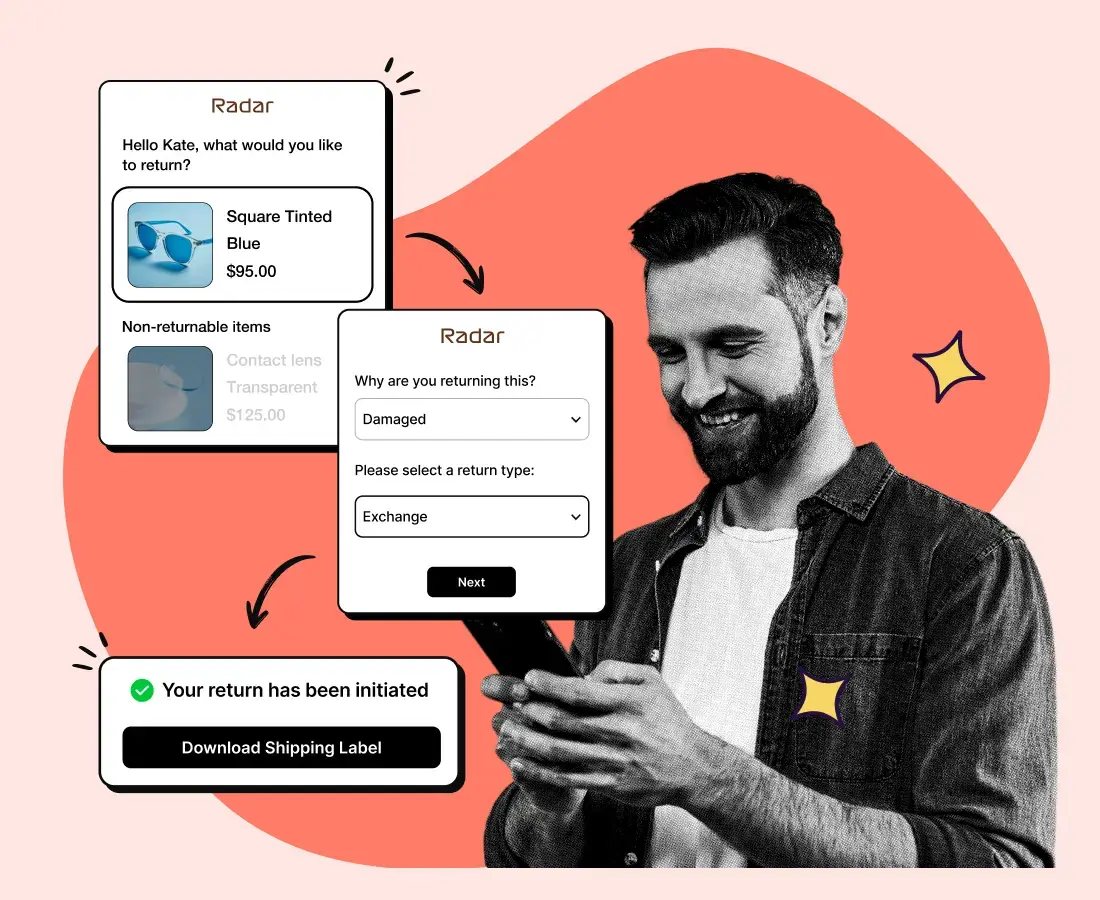

![Holiday Season Marketing Calendar and Shipping Deadlines [2021] Blog Header](https://lswordpress.s3.amazonaws.com/blog/wp-content/uploads/2021/08/17065221/Holiday-Season-Marketing-Calendar-and-Shipping-Deadlines-2021-Blog-Header-150x150.png)

